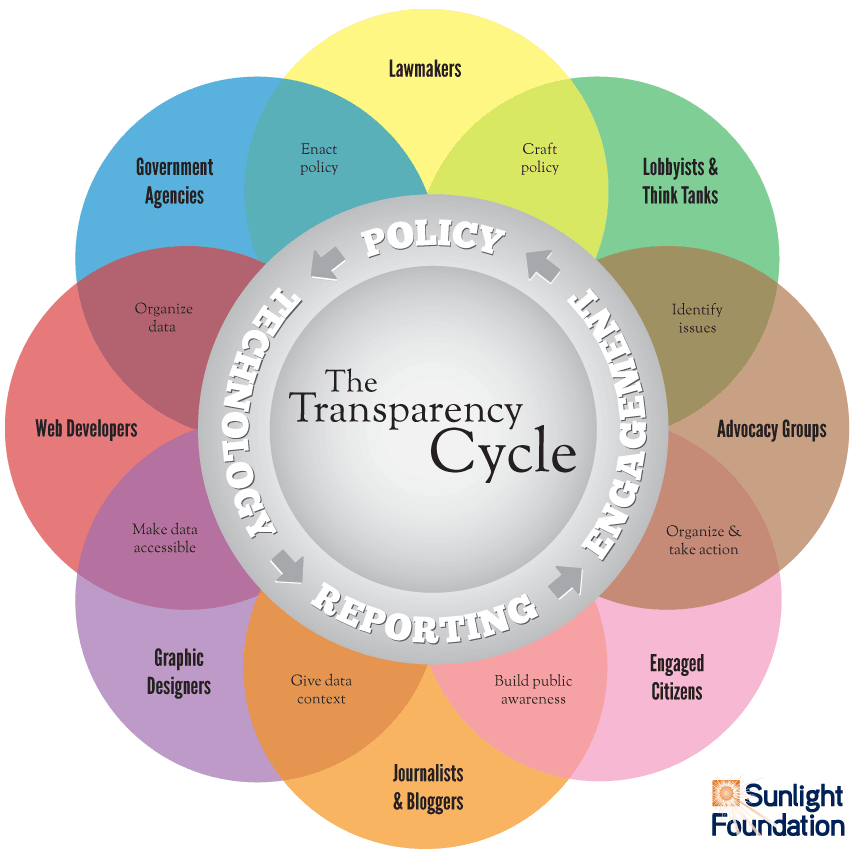Back in May 2009 after the final presentations at Futuresonic 09, I sat down with Adam Greenfield and we talked about how cities evolved and grew, and how they developed inequalities through those that have access to information and those who don’t.
This coupled with an individual’s ability to act on that information in a meaningful way begged the question, that if all information/data was open and available, how would a city evolve? Would it grow with the same asymmetries, as Adam suggested in his Futuresonic presentation, is this inequality a preconfigured state?
At the time there were few cities who had embarked down the route of fully opening up their datasets although some cities in North America had started a process that would eventually, as in the case of Vancouver, lead to an adoption of open source, open standards and open data principles.
It was through seeing this emergence of open systems that the Open Data City project began to evolve. Data is is the lifeblood of our modern technologised society. It tracks, evidences and creates mechanisms for decisions. Much of this data doesn’t exist outside the confines of City Hall but we see evidence of the impact of this data everyday. Speed humps suddenly appear on your road or your bus doesn’t turn up when you thought it would. Bins only get emptied every two weeks or your local school closes down. This is the physical manifestation of the publicly held data that few have access to.
The inability to connect action taken by a public body with the evidence on which the decisions are made can have an insidious and corrosive effect on the relationship between the citizenry and government. Just as Louis Brandeis said ‘Sunlight is the best disinfectant’ with regards to transparency and corruption, the opposite is also true. In a closed system even though the decisions might be taken with the most honourable of intentions, the lack of evidence for the decision creates doubt, rumour and misrepresentation.
In a closed system the power of the media increases as the distrust of the political sphere decreases. The mass media becomes the interlocutor and which can interfere with the relationship between citizen and government.
This all presumes that those that govern have nothing to hide. The lack of transparency in government creates the opportunity for the media to expose the bad apples using a system of clandestine briefings and investigative reporting. This process of exposé undermines the trust the public has in the system of government because there is no evidence to the contrary or that the evidence that people can see has been derived from a seemingly arbitrary decision making process.
The opportunity has arisen for public bodies to create a new relationship with the people who they serve. A more transparent and open system can lead to a more equitable environment, where the citizen is not a customer or passive consumer of service and information, but an engaged citizen who is able to make decisions based upon facts, not rumour and can hold to account public servants with less than honest intentions.
The Sunlight Foundation, named after the Louis Brandeis quote, are an American lobby group advocating transparency in government. They have produced this graphic which they call the Cycle of Transparency which aptly illustrates the benefits of transparency in government. As each element of the Cycle of Transparency moves forward concurrently, bringing about the changes needed to create a more transparent government whilst identifying new needs.

The Cycle Of Transparency highlights the use of technology to make information open and accessible. It can be argued that transparency and openness has been enabled by digital technology. People are now able to access, interpret and distribute information easily. Until quite recently, the channels for making information open and accessible where limited and to a certain extent controlled.
The landscape is changing. The opening up of data will have a seismic effect on the way we access and share information. New services will be created, as citizens and institutions demand the ability to interpret and navigate through data in the way they want. It will create a more efficient data environment where information is shared rather than duplicated, and it will highlight errors in the system with anomalies being addressed rather than hidden.
